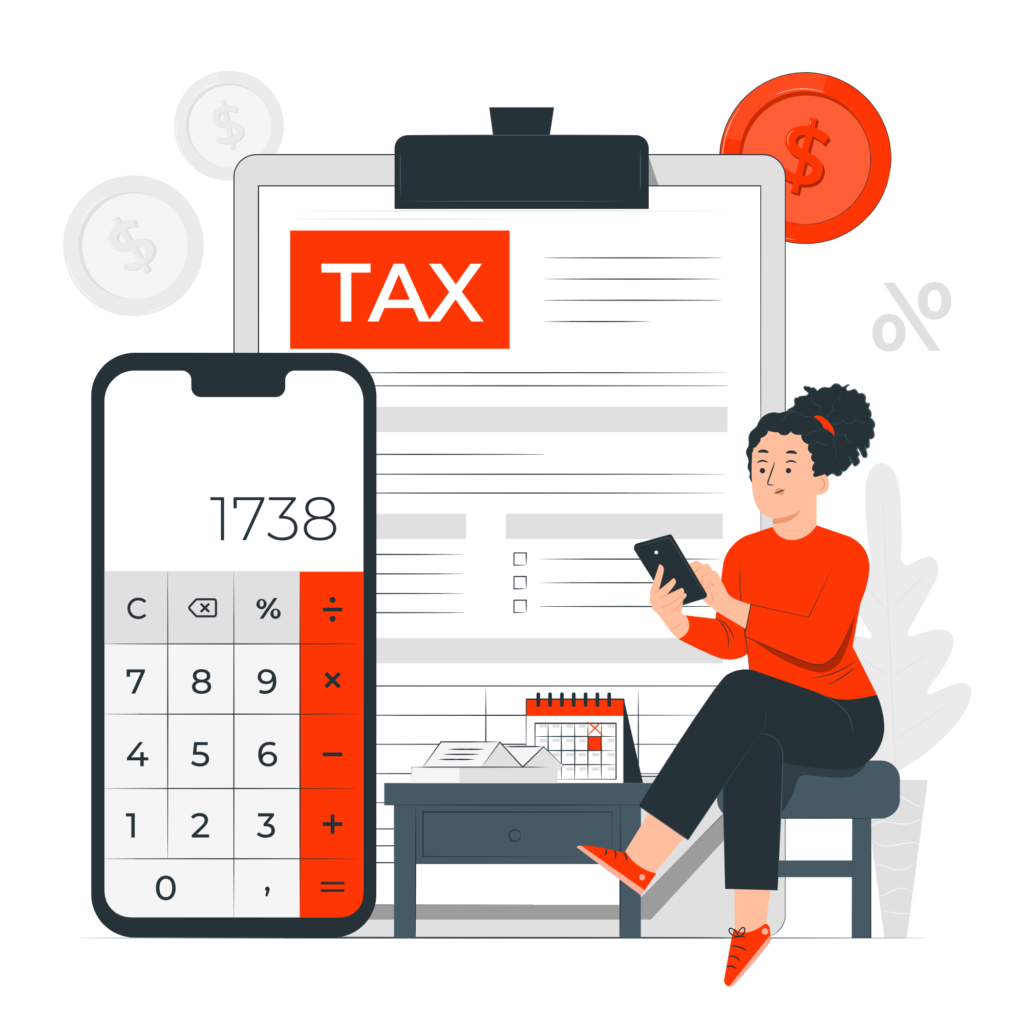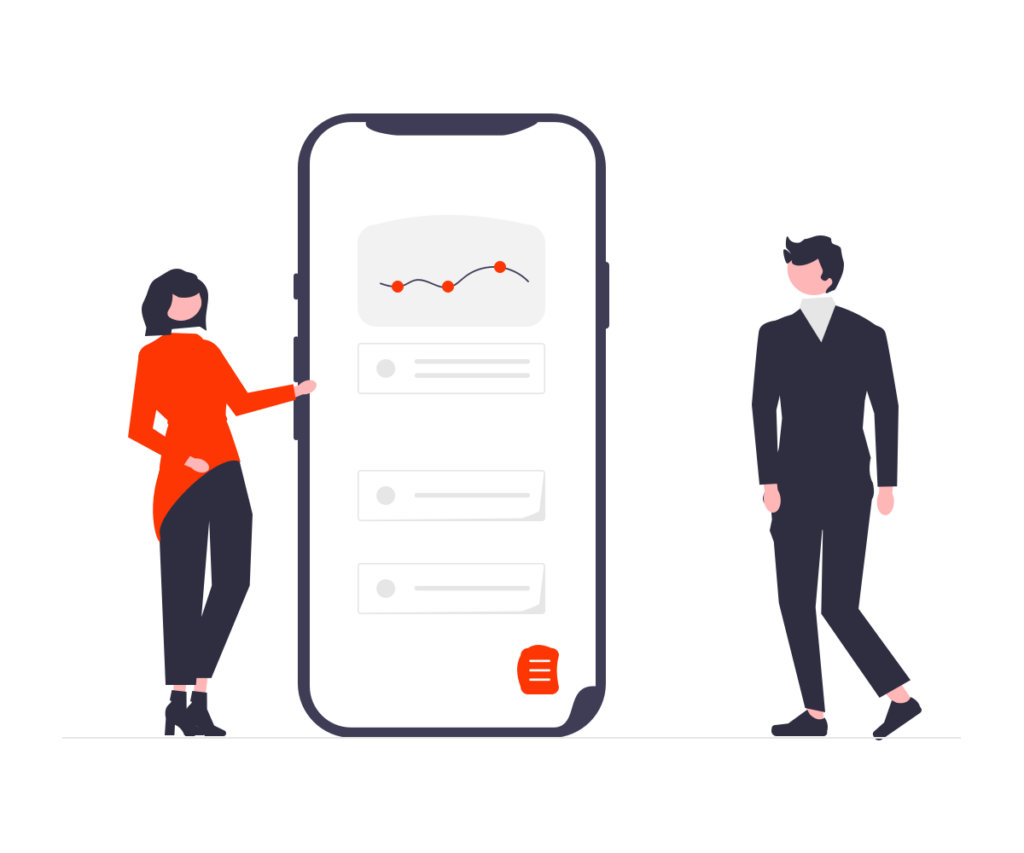Here’s What HMRC Says
Saving money is a smart move, but it’s important to know where you stand with HMRC when it comes to tax. Recently, HMRC cleared up some confusion about when you might need to complete a self-assessment tax return based on your savings and interest earnings. Here’s the lowdown.
When Do You Need to Worry About a Tax Return?
HMRC has confirmed that if your annual income from dividends, savings, and interest adds up to more than £10,000, you’ll need to complete a self-assessment tax return. But for most people, the rules aren’t quite as strict.
Here are some key points:
If your interest earnings stay below HMRC’s personal savings allowance, you can relax — you’re probably in the clear.
What Are the Best Options for Savers?
Premium Bonds are a popular choice, thanks to the thrill of prize draws, but for many, the odds of winning can feel like a long shot. If you’re after more predictable returns, it’s worth looking at other options:

Keep Things Simple
The bottom line? If your savings income is straightforward, you might not need to do much at all. But if you’re unsure — or if you think you’re close to the £10,000 mark — it’s worth double-checking to avoid any nasty surprises.
Need a hand? At Hilton Jones Ltd, we’re here to make taxes and savings stress-free. Drop us a message or give us a call — we’d love to help.
Accountancy
Bookkeeping
Business Startup
Business Support
Succession Planning
Capital Gains Tax
Corporate Tax Planning
HMRC Investigations
Company Secretarial
Exit Planning
Human Resources
Making Tax Digital
Payroll

Hilton Jones is the trading name of Hilton Jones Limited, a company registered in England & Wales. Company Registration No: 7201503.
Registered Office: Hollinwood Business Centre, Albert Street, Oldham, Lancashire. OL8 3QL.